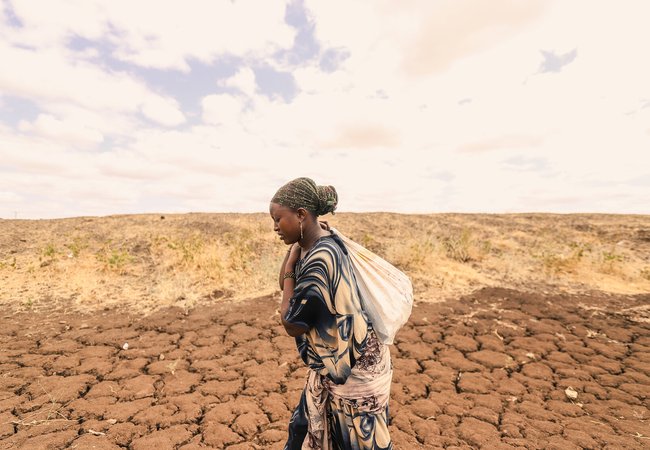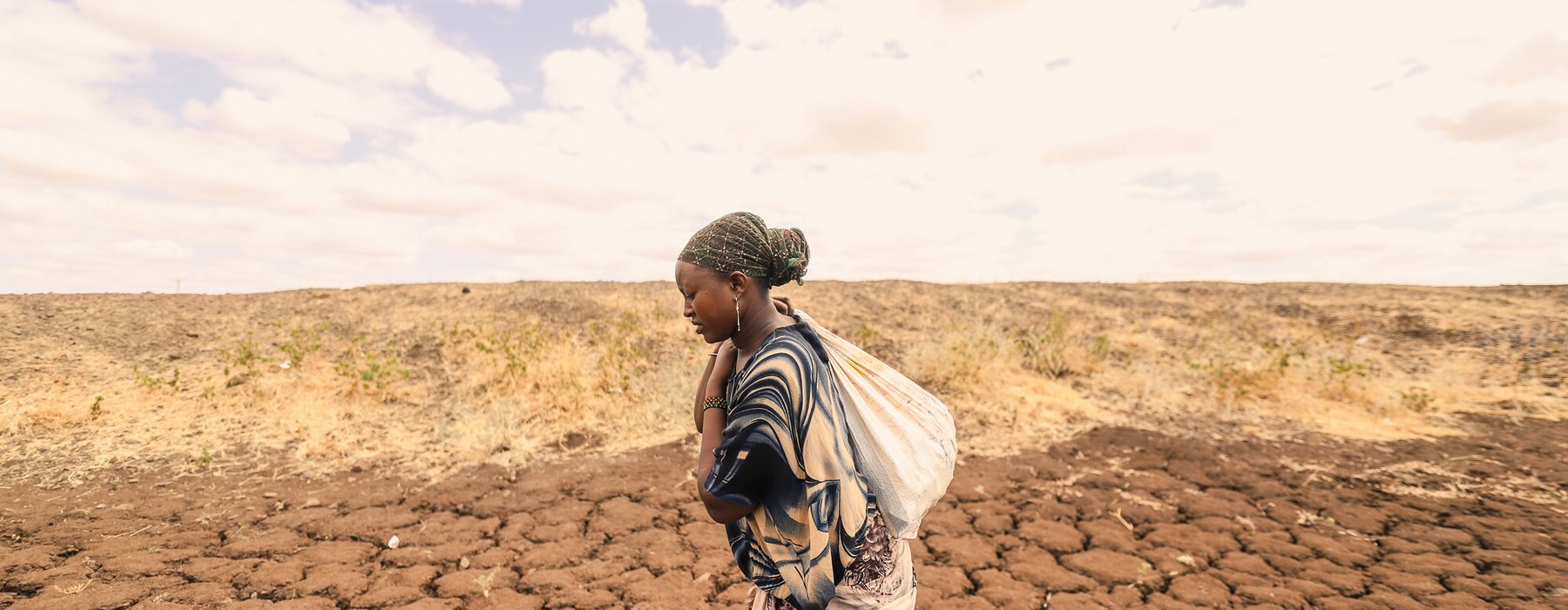Oxfam’s latest global report Climate Plunder: How a powerful few are locking the world into disaster, shows just how extreme this is: the richest 0.1% of people on Earth produce more carbon pollution in a single day than someone in the poorest half of humanity emits in an entire year. If everyone lived like them, the planet would reach dangerous levels of emissions in less than three weeks.
In the UK, the picture is just as stark. Since 1990, the richest 0.1% have increased their emissions by more than half, while emissions for the bottom 90% have fallen. While we’re all asked to recycle more, drive less, and pay higher energy bills, the super-rich continue to pollute, largely unchecked.
The world over, the wealthiest also invest in oil and gas companies and other polluting industries while using their huge fortunes to influence politicians and weaken climate laws. The result? Rising seas, extreme storms, heatwaves, and flooding are already devastating communities globally, while across the UK we’re also seeing homes flooded, communities battered by strong winds, and lives disrupted. It’s not fair, nor sustainable.
Those pedalling false narratives that we can’t afford faster climate action fail to mention such deep inequalities and side-step the logical conclusion on how to pay for it fairly.
Ahead of the UK Government’s Budget next month, Oxfam is backing calls for greater taxes on the wealthy: a fair, practical way to fund a rapid shift to renewable energy and build a safer, fairer society for everyone. It’s estimated that a package of measures could raise an extra £60 billion a year. Such taxes are wildly popular: 68% of people in Scotland think the very richest should pay more.
Of course, Scotland isn’t immune from this climate inequality, nor powerless to combat it. Here, use of pollution-spewing private jets, the poster child of climate inequality, is sky-high, with over 12,000 flights using Scottish airports last year alone. Estimates suggest that private jet flights produce up to 20 to 30 times more pollution than a regular commercial plane.
Ministers in Edinburgh have the power to act but have so far chosen not to. They claim the delay is about protecting an exemption for passengers from the Highlands and Islands but that’s a flimsy excuse. Work should already be underway to design a fair new exemption that doesn’t give private jets a free pass.
A Scottish private jet tax could raise tens of millions of pounds extra each year for things like greener transport, support for low-income households, or a just transition for workers in high-emitting sectors.
The First Minister says he’s “very sympathetic” to the idea, but sympathy doesn’t cut emissions.
Ahead of the Scottish election, all parties should commit to quickly introducing this fair tax, revoking the ultra-rich’s licence to pollute Scottish skies virtually scot-free.
A fast, funded, and fair transition isn’t just possible, it’s the only sensible choice. It’s time the richest polluters paid up.
This article originally appeared in The National.



